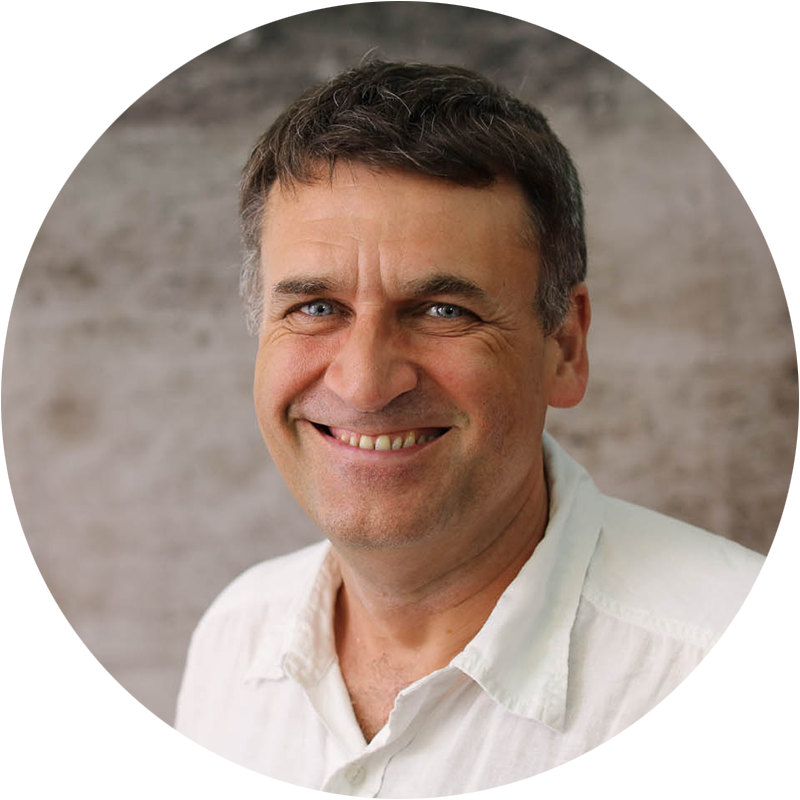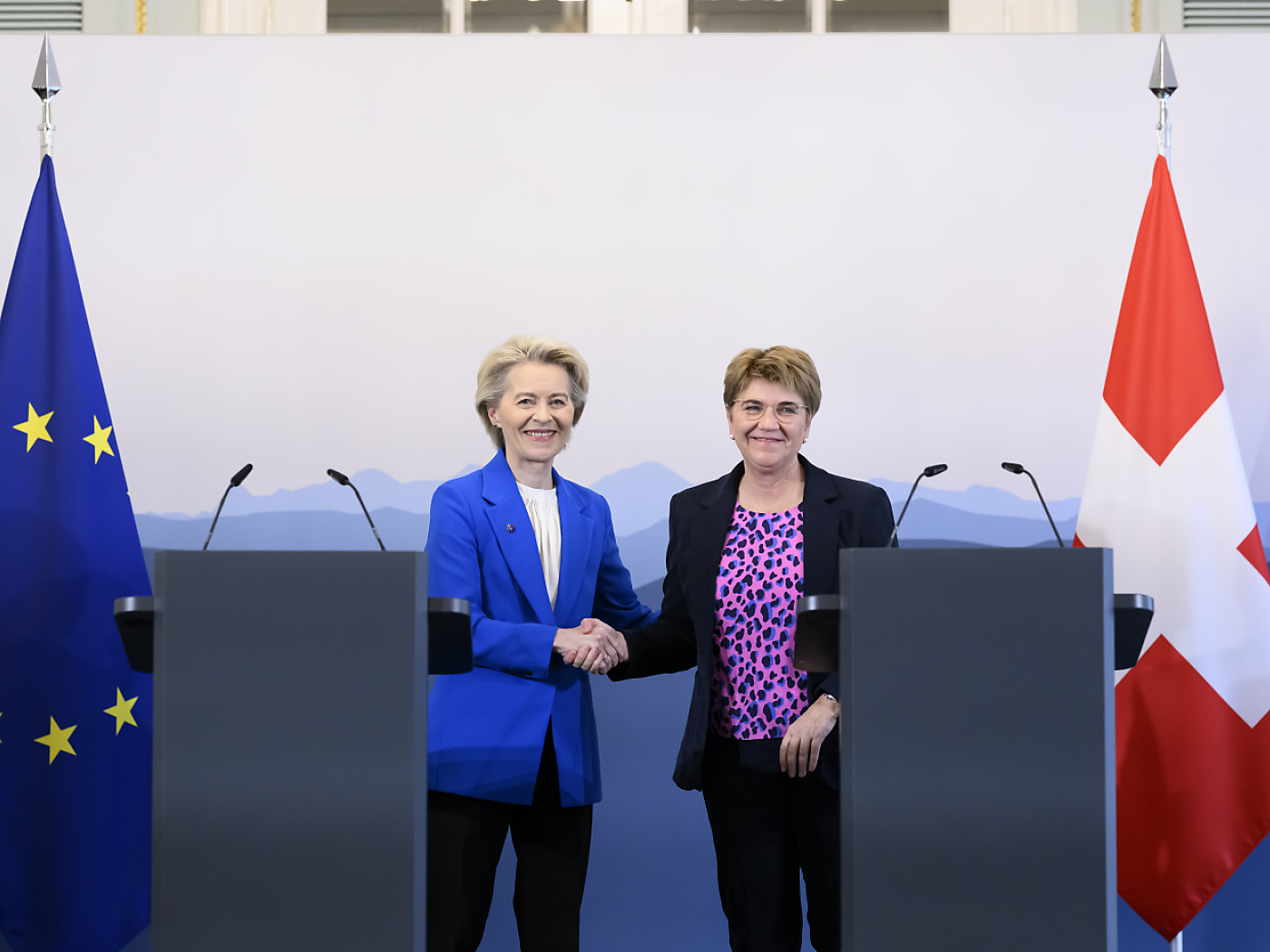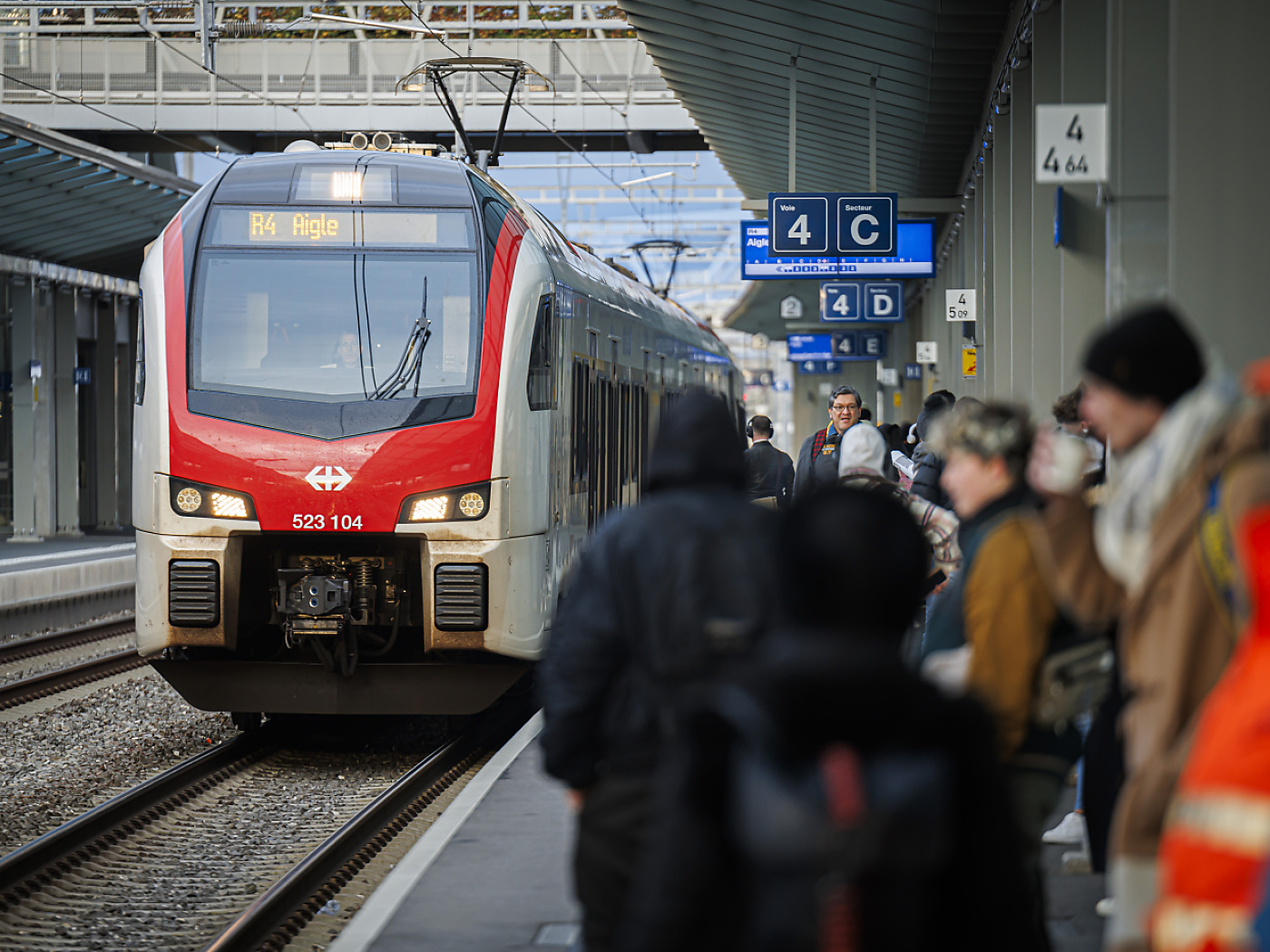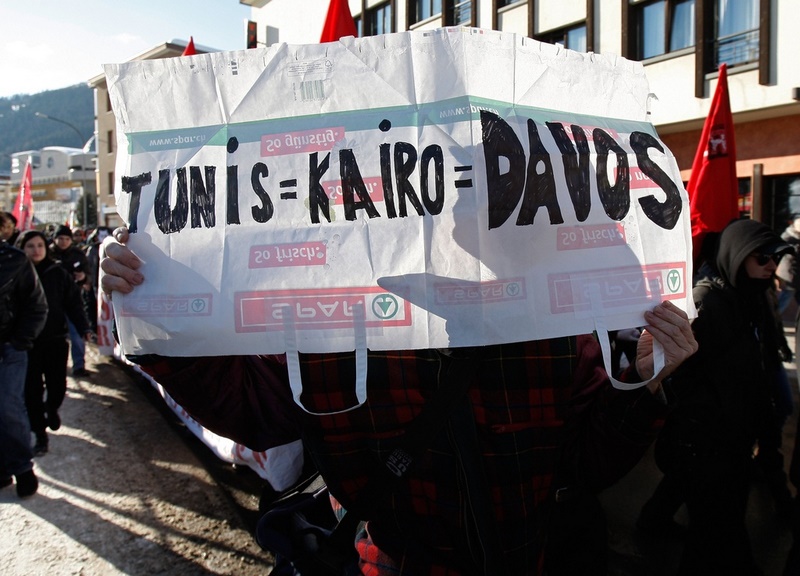Anti-globalisers gather under the baobab tree

This year’s World Social Forum (WSF) meeting, which opens in Senegal on Sunday, focuses on immigration and is marked by political events in North Africa.
The forum, which is seen as a counterpoint to the World Economic Forum (WEF), comes a few days after the annual gathering of the tops shots from politics and business in the Swiss resort of Davos.
The movement began with a meeting of globalisation critics in Porto Alegre, Brazil, in 2001 in response to cheers of triumph from promoters of neoliberal principles.
“Another world is possible” was the slogan in Porto Alegre, and more than ten years on it has lost none of its relevance as the global financial and economic crisis laid bare the ugly side of capitalism.
As of Sunday, tens of thousands of people will gather in the Senegalese capital, Dakar, to exchange ideas and seek solutions, united in the quest for a fairer world.
“The forum is a means to learn from others and share their experiences with people who live in situations like ours,” said Mariam Sow, who leads a Senegalese non-governmental organisation (NGO).
“It is crucial for us to see that there are people across the planet who are committed to the fight for a better world.”
Going strong
The meeting of anti-capitalists, as the forum is sometimes referred to, has lost some of its shine in the past few years.
Observers point out that besides the weaker media presence, the social forum has had specific difficulties in Europe. Last year’s European forum in Istanbul attracted fewer than 3,000 participants, prompting concerns that the movement might be on its deathbed – if not already clinically dead.
But the movement has in fact never stopped growing. While 20,000 people went to Porto Alegre in 2001, 130,000 were present in Belém two years ago. Similarly the number of events and workshops increased from 400 ten years ago to more than 2,000 today.
“It’s not true that the movement has become weaker. It has simply been transformed and taken on new shapes,” said Jean Rossiaud, a Swiss sociologist who specialises in social movements.
He pointed to the 2009 United Nations climate forum in Copenhagen, which aimed for similar social targets, albeit linked to the climate, and was attended by many NGOs.
Agenda setting
Rossiaud said some of the criticism levelled at the WEF meeting ten years ago was later tabled by the organisers of that that very event.
“The financial crisis – and leaders like Barack Obama or Nicolas Sarkozy share this view – has shown that the present system can no longer continue as before,” he said.
“Seen from a purely ideological point of view, you could argue that we were proven right and that we succeeded in imposing the topic. The same goes for the issue of tax havens.”
Immigration
Another reason for the popularity of the social forum is that it continues to integrate additional new segments of the population, knitting an ever-closer network among the civil society and its organisations.
“In Belém the people of the Amazonian rain forest were at the centre, and this year it will most likely be immigrants,” Rossiaud said.
On the eve of the social forum immigrants from around the world will gather on the island of Gorée, a site of highly symbolic value. It was from this island off the coast of Dakar that African slaves were shipped to the Americas.
“Immigrants are the heralds of change. We need people who can build bridges between different cultures to be able to take on the challenges our planet is facing,” Rossiaud explained.
Spring
The Swiss trade union Unia is organising a workshop on the rights of immigrants as part of its presence in Dakar. Other Swiss groups set up discussions on development aid in West Africa, the Doha round of negations on liberalising international trade or on fair trade.
These topics complement the regular standard issues debated at anti-globalisation meetings, including the impact of the financial crisis on the poorest countries, the reorganisation of the world economy, the fight against hunger as well as climate change.
But the political and social upheaval in northern Africa – Tunisia and Egypt – will undoubtedly be on everybody’s mind at the Dakar meeting.
“Following the overthrow of the old regime in Tunisia, neither the International Monetary Fund nor the World Bank can any longer justify governments which apparently support economic liberalisation,” said Ibrahime Sène, a senior member of Senegal’s main opposition party.
Nor can they continue to ignore the fact that these regimes hoarded all the wealth that resulted from the modest growth of the national economies, he added.
“Brace yourselves for more uprisings in eastern Africa, similar to the one in Tunisia,” Sène warned.
The first World Social Forum (WSF) was held in Porto Alegre, Brazil, in 2001. Three years later the event moved to Mumbai, India, with more than 70,000 participants from around the world.
In 2005 it returned to Latin America for one year, before organisers decided to alternate the venue every year between Africa, Latin America and Asia.
The forum, which considers itself an anti-globalisation movement, is an annual event that promotes solidarity, democracy and a fairer world. Many view it as being a counterpoint to the Geneva-based World Economic Forum (WEF).
The WSF usually holds its meeting in January to coincide with the WEF’s annual meeting in the Swiss alpine resort of Davos, in the hope that the media will cover both sides’ efforts to solve the world’s problems.
But this year the WSF opens one week after the curtain has fallen on the WEF meeting.
Switzerland is represented by 55 people in Dakar, the biggest Swiss delegation at a World Social Forum so far.
The group includes representatives of non-governmental organisations, trade unions and parliamentarians from centre-left parties.
The Swiss take part in workshops and several will address the forum. Some, notably Green party members, also plan to use the event for international networking.
Among the prominent international figures to attend the forum are the former Brazilian president, Luiz Inácio Lula da Silva, Bolivian president Ivo Morales and France’s Socialist Party candidate for the 2007 presidential elections, Ségolène Royal.
(Adapted from Italian by Urs Geiser)

In compliance with the JTI standards
More: SWI swissinfo.ch certified by the Journalism Trust Initiative














You can find an overview of ongoing debates with our journalists here . Please join us!
If you want to start a conversation about a topic raised in this article or want to report factual errors, email us at english@swissinfo.ch.